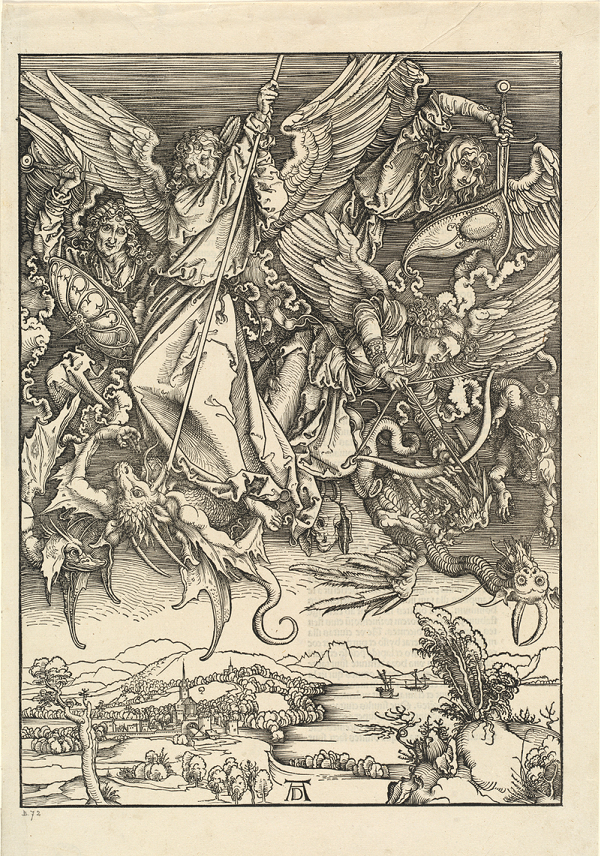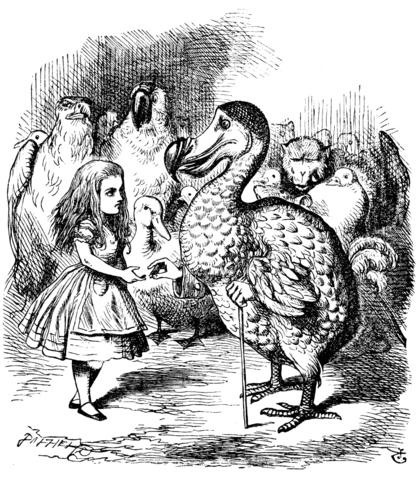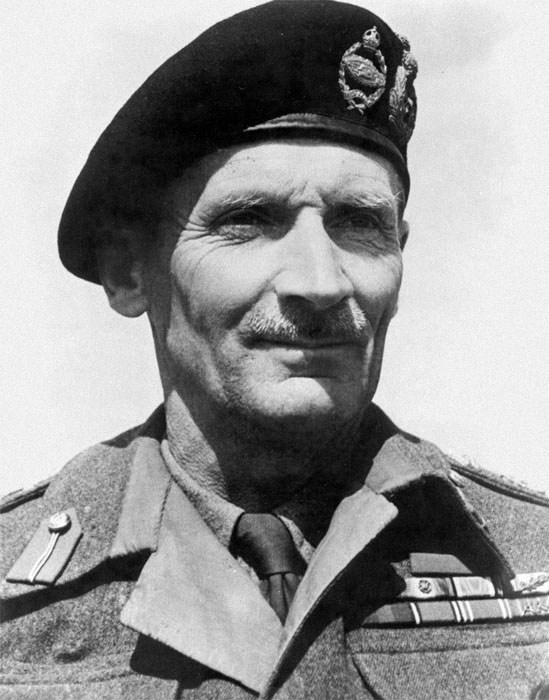Onward, Christian Soldiers
Wednesday, March 22nd, 2017[ by Charles Cameron — as sung by FDR and Winston Churchill in August of 1941 ]
.
It seems only appropriate first to bring you the hymn Onward Christian Soldiers as performed by the Manchester Citadel Band and Yorkshire Chorus of the Salvation Army — Christan Soldiers and Salvation Army both having meaning that blends the military with the religious:
As regular readers here will know, the disjunction and conjunction of the spiritual and military is a central focus of my thoughts and posts here on Zenpundit.
**
It may seem entirely trivial in comparison with the stunning footage that follows, but the article that brought me to think once again of the military-religious nexus was a piece from Russia’s Pravmir today, titled Bishop of the Russian Church compares Russia airbase in Syria to a monastery:
“The situation is interesting in spiritual sense, it reminds of a big convent without Internet, television and almost without a telephone. All servicemen are involved in sport activities, they have a great demand in reading,” the hierarch said in his interview with the Pobeda radio.
The bishop noted that the servicemen participated in pastoral conversations with great interest.
“This informational blockade helps them refresh their conscience, in result they have a demand to talk about important spiritual moments. It impressed me much,” he confessed.
The church official said he saw “an absolutely new face of our military forces there.”
“Not only weapons and outfit, but their new way of thinking impressed me. It was seen in their discipline, in organization of service, which we witnessed during the week. It differed so much from all the things I saw before that I sincerely rejoiced,” the bishop said.
That’s worth pondering, you know, as we think about Putin‘s Russia and current events in Syria..
**
The near-pacifist son of a World War II naval war hero in me was intrigued enough to go searching for Onward Christian Soldiers as a musical match for this article, and it was in search of an appropriate rendering of the hymn that I ran across the FDR / Churchill footage.
I am profoundly glad it did.
In my view today, the most riveting rendering of Onward Christian Soldiers must be the one captured on archival footage here, with Winston Churchill and Franklin Delano Roosevelt present on the Royal Navy battleship HMS Prince of Wales in August 1941:
The other hymn sung in that clip is the quintessential naval hymn, Eternal Father, Strong to Save with its refrain, O hear us when we call to Thee / For those in peril on the sea..







